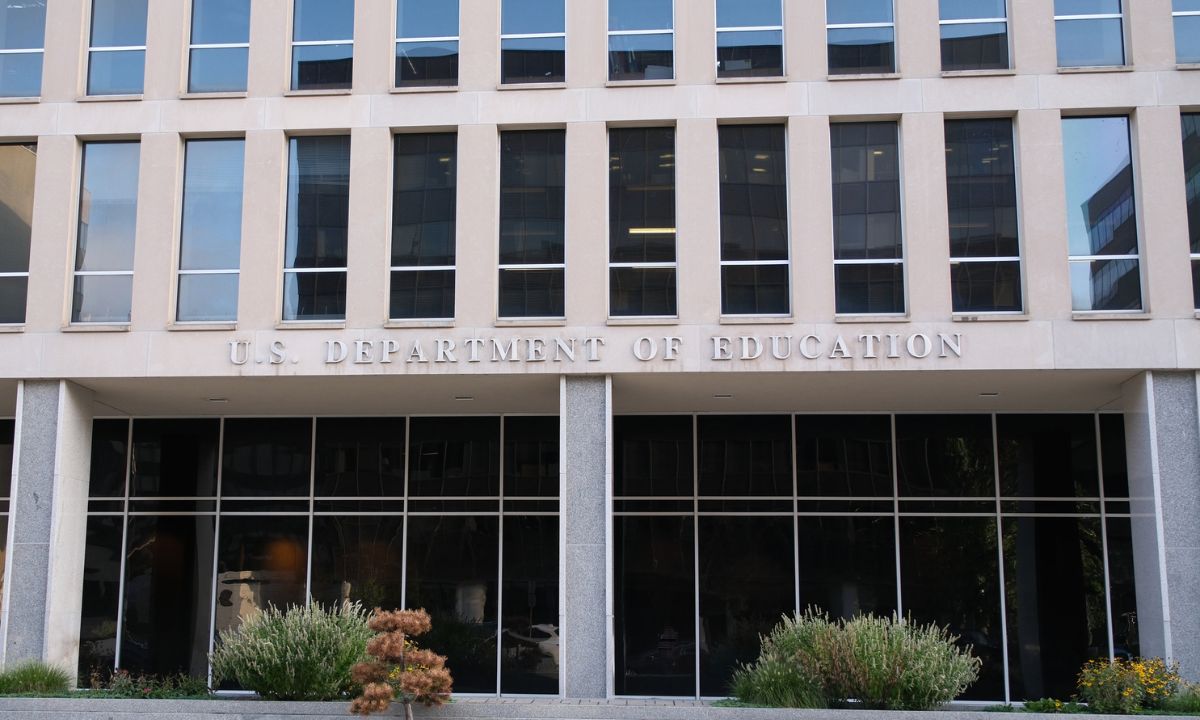Federal Funding Freeze Forces Cuts to Alaska Adult Education Programs
Alaska’s adult education and workforce development programs are facing significant challenges following the withholding of federal funds. These programs, vital for Alaskans seeking to improve their literacy, job skills, and overall quality of life, have been forced to make immediate cuts to services and staffing. The freeze on funding has left organizations scrambling to find alternative resources and restructure their operations.
The U.S. Department of Education has withheld billions of dollars in congressionally approved grants, including substantial amounts earmarked for adult education. The stated reason for this action is to review the grant programs and ensure they align with the current administration’s priorities.
Adult education programs offer a wide range of services, from basic literacy classes to programs that help adults earn high school equivalency certificates. They also provide essential job skills training. These programs are particularly crucial for individuals who need to improve their English language proficiency or gain the skills necessary to enter or advance in the workforce.
Impact on Alaskan Organizations
The impact of the funding freeze is already being felt across Alaska. Organizations that rely on federal grants to operate their programs are facing difficult decisions about how to continue serving their communities.
The Literacy Council of Alaska, a Fairbanks-based nonprofit, is one such organization. The council provides adult education programs, including literacy, English language learning, civics, and GED preparation. According to its executive director, Lucie Magrath, the impoundment of federal funding, estimated at over half of their budget, has forced immediate cuts to services and staff layoffs. The organization is now facing the prospect of serving significantly fewer people this year.
The Literacy Council provides crucial in-person and virtual instruction to adult learners in Fairbanks, as well as remote villages in the Interior and Western Alaska. The organization also runs a workforce development program for young adults and operates a used bookstore that provides revenue for its programs, job training, and employment opportunities.
Shelby Cooke, the assistant executive director, emphasized the detrimental impact on Alaskans who need GED credentials to enter the workforce or improve their English language skills for job interviews. She pointed out that the economic consequences of reduced adult education services would be felt throughout the state. Some programs have been suspended, and the organization is actively restructuring its programs to maximize the impact of available resources.
Statewide Concerns
Southeast Regional Resource Center (SERRC), a nonprofit educational services agency, also faces significant challenges. SERRC provides a variety of services statewide, including adult education, English language learning, and workforce development programs. The organization also provides educational and business services to school districts, including special education programs, human resources, and grant administration.
Chris Reitan, SERRC’s executive director, said the organization is looking at cutting staff positions due to the funding freeze. He noted that the federal funding freeze withheld significant amounts for adult education programs in Southeast Alaska and the Aleutians region. SERRC’s program served over a hundred students last year, offering GED support, English language learning, and workforce development.
Reitan emphasized that adult education provides a lifeline for Alaskans seeking to improve their lives and strengthens the state’s workforce. The funding freeze will immediately impact adult learners’ ability to secure good-paying jobs, provide for their families, and contribute to their communities.
State’s Response
The Alaska Department of Labor and Workforce Development administers the adult education grant programs. A department spokesperson, Adam Weinert, stated that the department continues to award available state matching funds for the programs. Sub-grantees have been informed that the department is moving forward with state funding only. Once federal funding is released, the department will proceed with a budget modification to provide for the federal funding. The state has awarded over $1.9 million in state matching funds.
University of Alaska Programs
The University of Alaska system also operates several adult education programs, which are funded in part by federal funds, as well as state and local funding. Jonathan Taylor, the university’s director of communications, said that discussions are ongoing around funding, but the programs are scheduled to continue.
At the University of Alaska Fairbanks, the Bristol Bay Adult Education program is slated to begin in August with funding from the Bristol Bay Economic Development Corp. The University of Alaska Anchorage also has adult education programs at Kodiak College, Kenai Peninsula College, and Prince William Sound College.
The University has received assurances that all three colleges will receive some sort of funding this year, initiated by the state using either state funding or federal funding it has access to. If additional federal funds become available, the state will amend the agreements to make up to the original intended funding amount.
Uncertainty and Restructuring
The long-term effects of the funding freeze on adult education programs in Alaska remain uncertain. Organizations are actively restructuring their programs and seeking alternative funding sources to mitigate the impact on their students and communities. The situation highlights the critical role that adult education plays in supporting Alaskans’ economic and social well-being.

